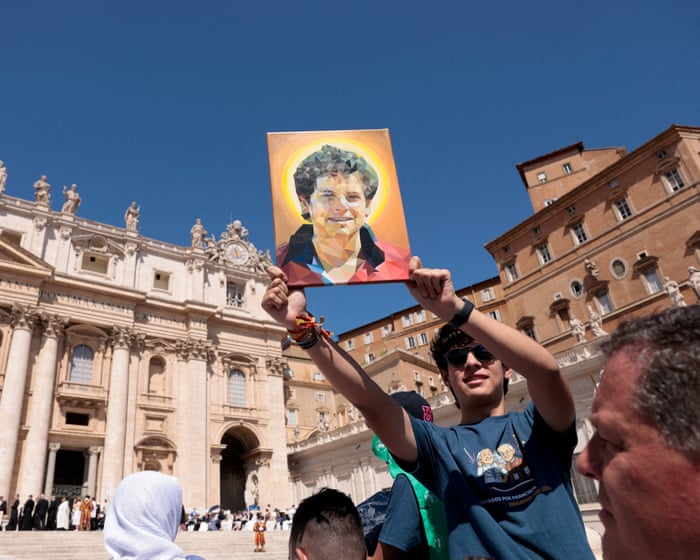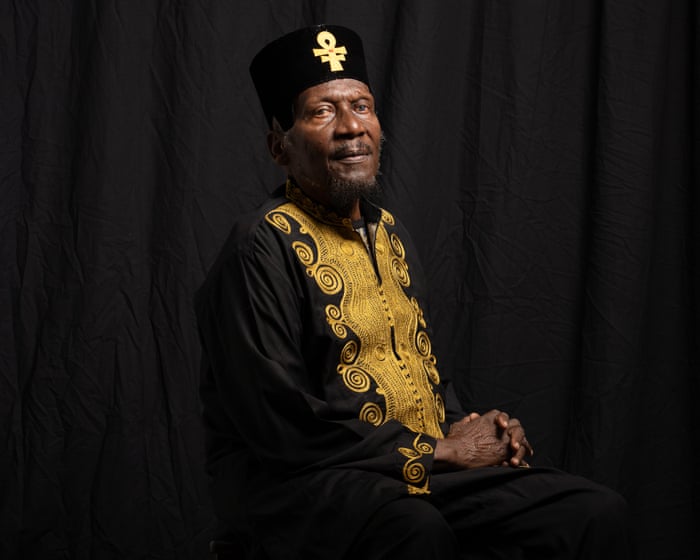Diplomats report that a UN Security Council resolution, supported by European and US nations, is in the works to grant a proposed international stabilization force strong authority over security in Gaza. Egypt is widely anticipated to lead this force.
The US is advocating for the force to operate under a UN mandate without being a full UN peacekeeping mission, similar to the powers given to international troops in Haiti to tackle armed gangs. Alongside Egypt, Turkey, Indonesia, and Azerbaijan are expected to be the main contributors of troops. Consultations are ongoing with Egypt to decide if the force should be a full UN-led operation.
European or British troops are not likely to participate, but the UK has sent advisers to a small US team in Israel working on the second phase of President Donald Trump’s 20-point plan. The UK emphasizes that the ultimate goal is a Palestinian state encompassing the West Bank and East Jerusalem as one entity.
While the UK has been training Palestinian police, the international force would take the lead under this proposal. If effective, Israel would withdraw further, though it insists on maintaining a large buffer zone for protection against Hamas attacks.
British diplomats acknowledge that disarming Hamas will be the most challenging aspect and are drawing on lessons from Northern Ireland, where an independent body verified the decommissioning of weapons. Hamas may only surrender arms to a Palestinian-led body to avoid the appearance of surrender, with third parties possibly verifying for Israel. The process is expected to start with heavy weaponry and missile launchers, delaying the more contentious issue of personal arms.
The UK supports former Prime Minister Tony Blair’s role on a “board of peace” in Trump’s plan, which would oversee a committee of Palestinian technocrats. Despite criticism for his support of the 2003 Iraq invasion, Blair has gained backing from Iraqi Prime Minister Mohammed Shia’ al-Sudani, who praised him as a friend and wished him success. Blair’s position on the board, chaired by Trump, is set to be confirmed by mid-November during a Gaza reconstruction conference in Cairo.
The UK estimates that over $67 billion is needed for reconstruction, requiring both Gulf donors and private finance. Officials note that the relationship between the Palestinian Authority and the peace board needs clarification.
Meanwhile, the International Court of Justice is expected to rule against Israel for cutting ties with UN aid agencies, including UNRWA, reinforcing that Israel, as an occupying power, has obligations under international law.The Palestinian Authority has a legal obligation to assist the people of Gaza, but it has completely failed to fulfill this responsibility. PA Foreign Minister Varsen Aghabekian acknowledged past errors and stated that the PA is now evolving into a state. At a conference in Naples hosted by the Italian think tank IPSI, she highlighted that revising the school curriculum is one of the key reforms being implemented.
However, she questioned the effectiveness of such changes, asking, “Even if we create a world-class curriculum, will it foster a mindset of peace in children who endure the harsh realities of occupation? No. True peace will only take root when children no longer face daily hardships like checkpoints, humiliation, uprooted trees, burned farms, and the loss of their fathers.”
Frequently Asked Questions
Of course Here is a list of helpful and clear FAQs about the report that Egypt is anticipated to head an international peacekeeping mission in Gaza
BeginnerLevel Questions
1 What is this news about
A recent report suggests that Egypt is expected to lead a new international peacekeeping mission in Gaza This means Egypt would be the primary country organizing and commanding a force to help maintain peace and security
2 What is a peacekeeping mission
A peacekeeping mission is when a group of military police and civilian personnel from various countries are sent to a conflict zone Their job is not to fight a war but to help create stable conditions for lasting peace often by monitoring ceasefires protecting civilians and supporting political processes
3 Why is Egypt being chosen to lead this mission
Egypt is a natural choice because it shares a border with Gaza has historical and cultural ties to the region and has often played a key role as a mediator in past conflicts between Israel and Palestinian factions
4 What would the main goal of this mission be
The primary goal would be to prevent a return to conflict ensure the safe delivery of humanitarian aid and help stabilize the Gaza Strip so that longterm political solutions can be discussed
5 Who would be part of this international mission
While Egypt would lead it the mission would likely include troops police and observers from other neutral or allied countries possibly from regional organizations like the Arab League or the United Nations
Advanced Practical Questions
6 How is this different from previous peacekeeping efforts in the region
This mission is specifically focused on Gaza whereas other missions like UNIFIL operate in southern Lebanon Its leadership by a regional Arab power like Egypt rather than a Western nation is also a significant distinction that could affect its perception and effectiveness
7 What are the biggest challenges this mission would face
Key challenges include
Security Operating in a densely populated area with active militant groups
Political Legitimacy Gaining acceptance from all conflicting parties including Israel and various Palestinian groups
Humanitarian Access Ensuring aid reaches people without being diverted or blocked
Clear Mandate Having a welldefined and realistic set of rules of engagement and objectives from the start
8 What authority would the peacekeepers have
Their authority would be defined



